10 Heartfelt Dinner Conversations Boomers Had That Modern Families Need Again

Family dinners used to be more than just a time to eat—they were opportunities to connect, share stories, and learn from one another. Boomer families often made space for meaningful conversations that built stronger relationships and passed down important life lessons.
Today’s busy schedules and constant distractions have pushed those valuable moments aside. But bringing back regular family dinners could restore that sense of closeness, helping families slow down, listen, and truly feel connected again.
1. Talking About the Day
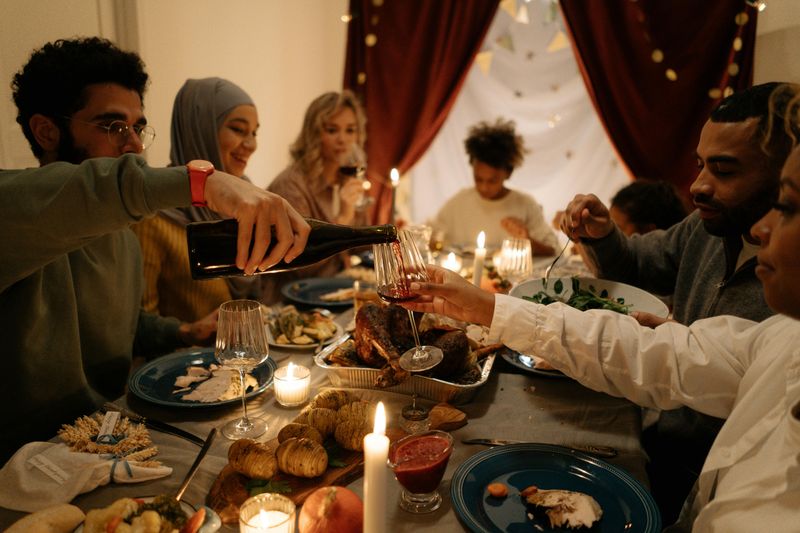
Families once started meals with a genuine “How was your day?” and actually listened. Parents put down newspapers, kids shared stories from school, and everyone felt heard.
These check-ins built emotional connection, empathy, and a sense of belonging that many fast-paced households lack today. When someone truly listens to your day, it tells you that you matter.
Bringing back this simple ritual creates space for vulnerability and trust. Kids learn to express feelings, parents stay connected to their children’s lives, and the whole family grows closer through daily sharing and genuine interest in one another’s experiences.
2. Family History and Storytelling
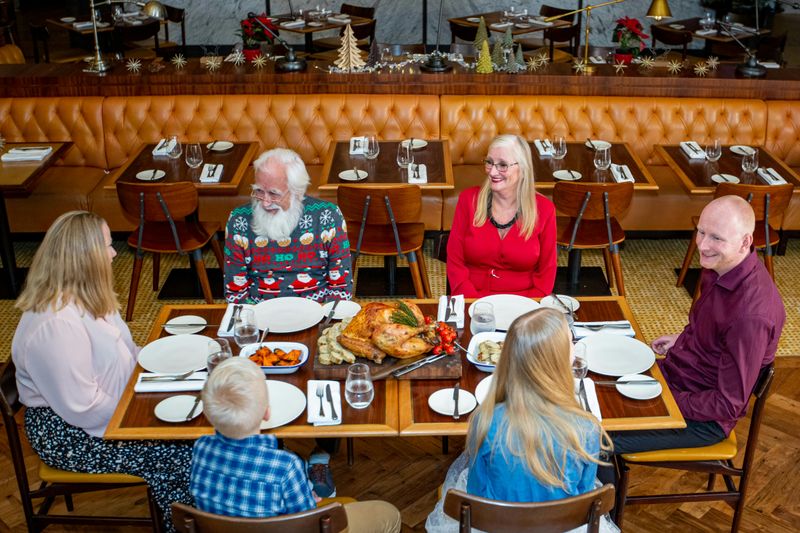
Sharing tales of grandparents, childhood adventures, or family struggles connected generations and gave children a deeper sense of identity and heritage. Stories about where the family came from, what ancestors overcame, and funny mishaps created living history lessons.
Kids discovered that their grandparents were once young and adventurous too. These narratives built pride, resilience, and understanding of family values passed down through time.
When families stop telling their stories, that precious knowledge disappears forever. Recording these conversations—or simply making time for them regularly—preserves your unique legacy and helps children understand who they are and where they belong.
3. Gratitude for What You Have
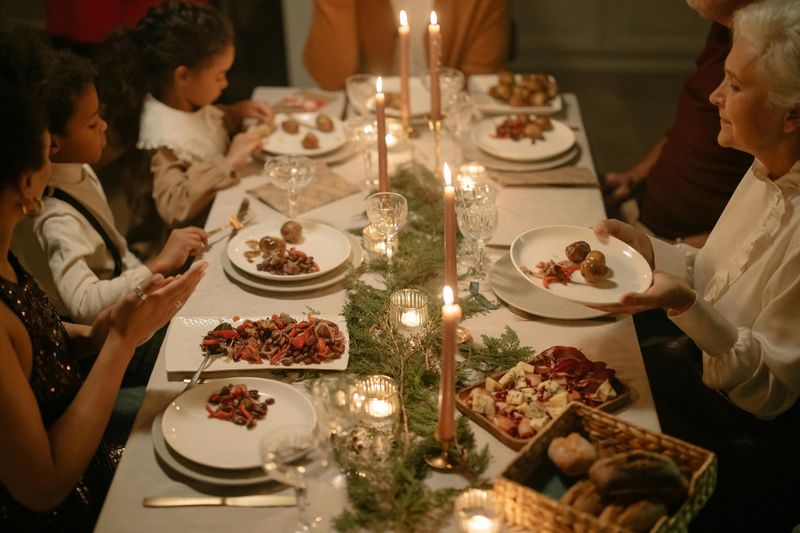
Expressing thankfulness for food, family, and small daily blessings cultivated mindfulness and contentment, offering a healthy counter to today’s constant comparison culture. Saying grace or simply naming what you’re grateful for shifted focus from what’s missing to what’s present.
This practice taught children to appreciate effort—the cook’s work, a parent’s long day, even the farmers who grew their vegetables. Gratitude became a habit, not just a holiday sentiment.
Families who practice thankfulness together report feeling happier and more satisfied with life. A minute of appreciation before eating can transform the entire meal into something sacred and special.
4. Money and Living Within Your Means

Conversations about budgeting, saving, and planning for the future helped younger generations learn financial responsibility early on—skills often missing from modern dinner talk. Parents openly discussed what things cost and why certain purchases had to wait.
Kids learned the difference between wants and needs naturally, through everyday examples. They understood that money required effort and thoughtful choices, not just swiping a card.
Reviving these honest money conversations prepares children for real-world challenges. Financial literacy doesn’t come from school alone—it grows from watching parents make smart decisions and explaining the “why” behind family spending habits at the dinner table.
5. Good Manners and Social Awareness
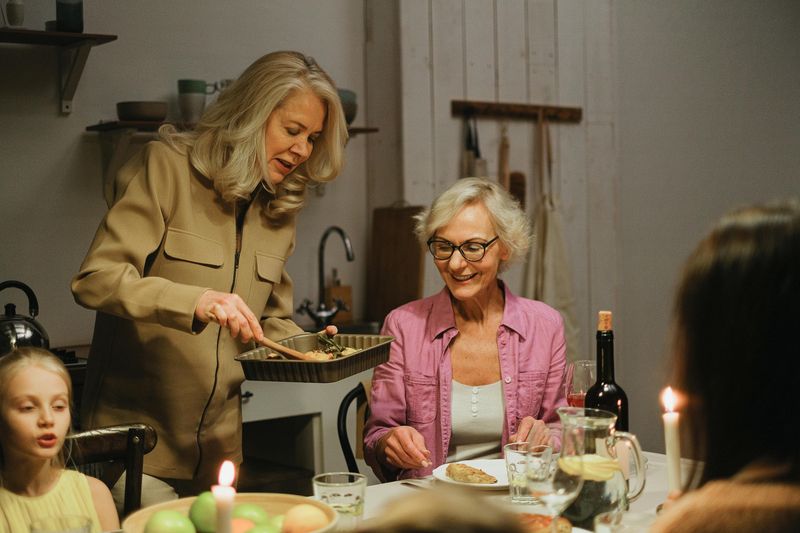
Dinner was a classroom for respect—saying “please,” “thank you,” and learning to wait your turn. These small lessons built social grace and awareness that last a lifetime.
Children practiced conversation skills, learned to read social cues, and understood that good manners show care for others. Elbows off the table wasn’t about rules—it was about presenting yourself with dignity.
Today’s casual culture sometimes skips these teachings, but employers and friends still notice. Kids who learn manners early navigate social situations with confidence, make better first impressions, and understand that small courtesies create big impacts in relationships throughout life.
6. World Events and Current Affairs
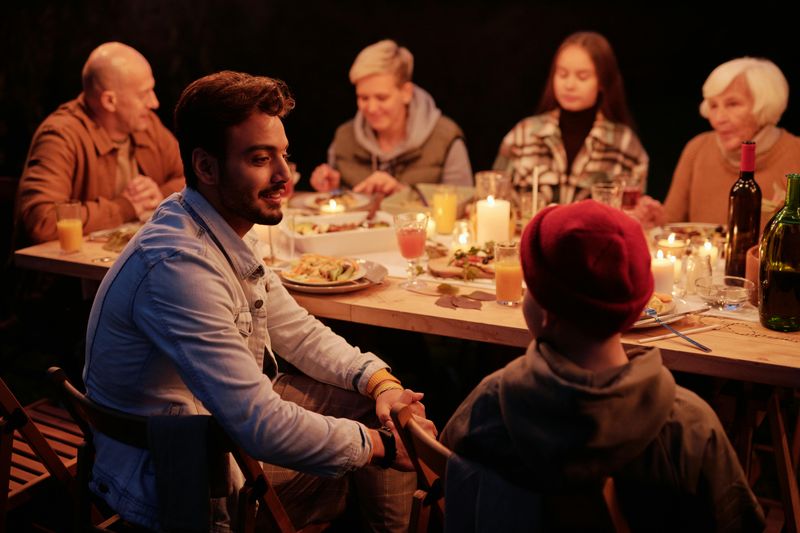
Discussing the news or politics around the table helped kids understand the bigger picture and encouraged civic awareness, something many young adults now only encounter online. Parents explained complex issues in age-appropriate ways, answering questions and modeling informed citizenship.
Children learned that their actions mattered beyond their front door. They developed opinions based on facts and family values, not just social media algorithms.
Bringing back current event discussions teaches critical thinking and media literacy. When families talk about what’s happening in the world together, kids learn to question sources, consider multiple perspectives, and become engaged, thoughtful citizens.
7. The Importance of Slowing Down

Meals were an event, not an afterthought. Taking time to savor food and conversation helped families stay present and appreciate the moment together.
Nobody rushed through dinner to get back to screens or activities. The table was sacred space where time moved differently, and being together mattered more than what came next.
Modern families race from one commitment to another, eating in cars or standing at counters. Reclaiming slow dinners—even just twice weekly—reduces stress, improves digestion, and creates memories. When you slow down together, you remember what truly matters: connection, laughter, and simply being with the people you love most.
8. Respecting Different Opinions

Boomer families didn’t shy away from lively debates. They taught kids how to disagree respectfully, listen with curiosity, and think critically without taking things personally.
Dinner became a safe place to test ideas and hear different viewpoints. Children learned that disagreement doesn’t equal disrespect, and that changing your mind shows strength, not weakness.
In today’s polarized world, this skill matters more than ever. When families practice civil disagreement at home, kids grow into adults who can navigate complex conversations with grace, patience, and open minds—tools desperately needed in workplaces, friendships, and communities everywhere.
9. Talking About Dreams and Goals
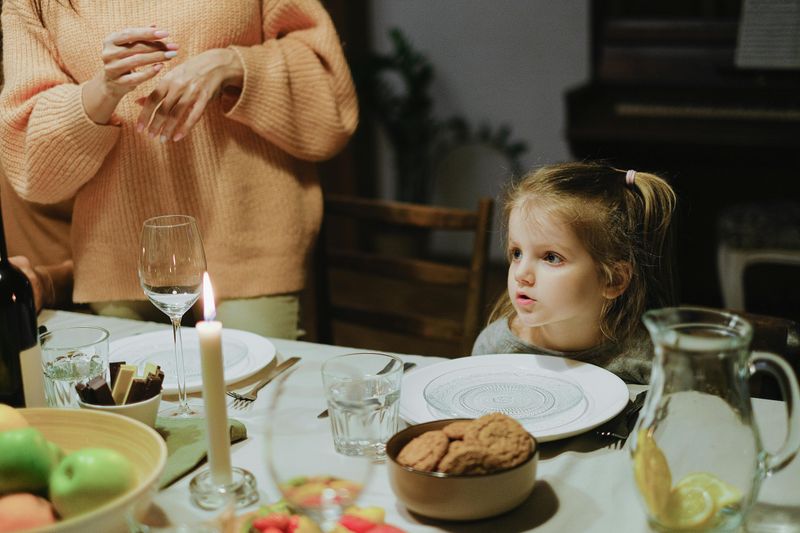
Boomer parents often asked about ambitions and encouraged persistence. Bringing back these talks can inspire younger generations to set meaningful goals and celebrate progress.
Questions like “What do you want to be when you grow up?” weren’t just small talk—they planted seeds of possibility. Parents shared their own dreams and setbacks, modeling resilience and determination.
When families regularly discuss aspirations, kids develop vision for their futures. They learn that dreams require work, that failure teaches lessons, and that their family believes in them. This ongoing encouragement builds confidence and grit that carries children through challenges long after they leave home.
10. Discussing Acts of Kindness and Community
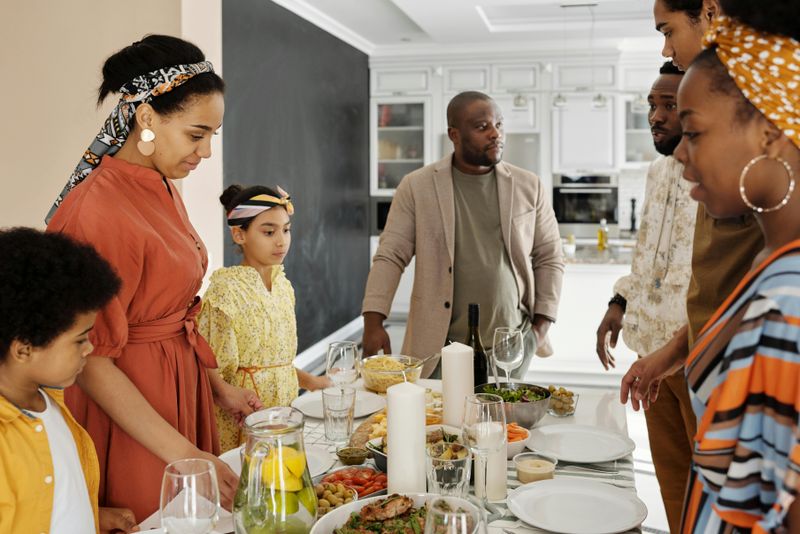
Dinner discussions about helping neighbors or volunteering reinforced the importance of compassion, showing that kindness is a daily choice—not just a random act. Families talked about who needed help, planned service projects, and celebrated when someone did something generous.
Kids learned that being part of a community meant looking beyond their own needs. They saw parents model empathy through actions, not just words. Reviving these conversations creates a culture of giving within your home.
When families regularly discuss kindness, children grow into adults who notice others’ struggles, offer help without being asked, and understand that true happiness comes from contributing to something bigger than themselves.

Comments
Loading…